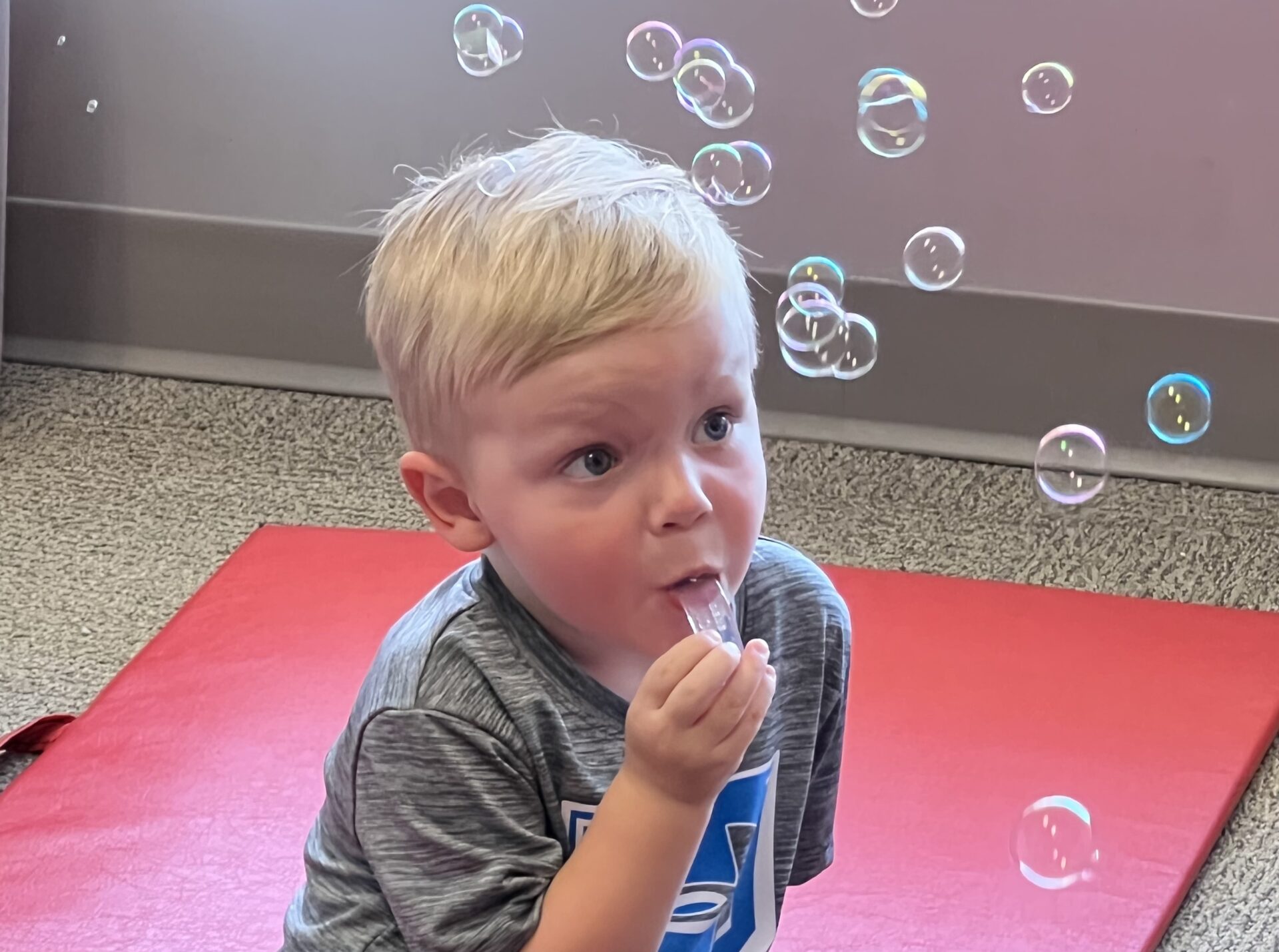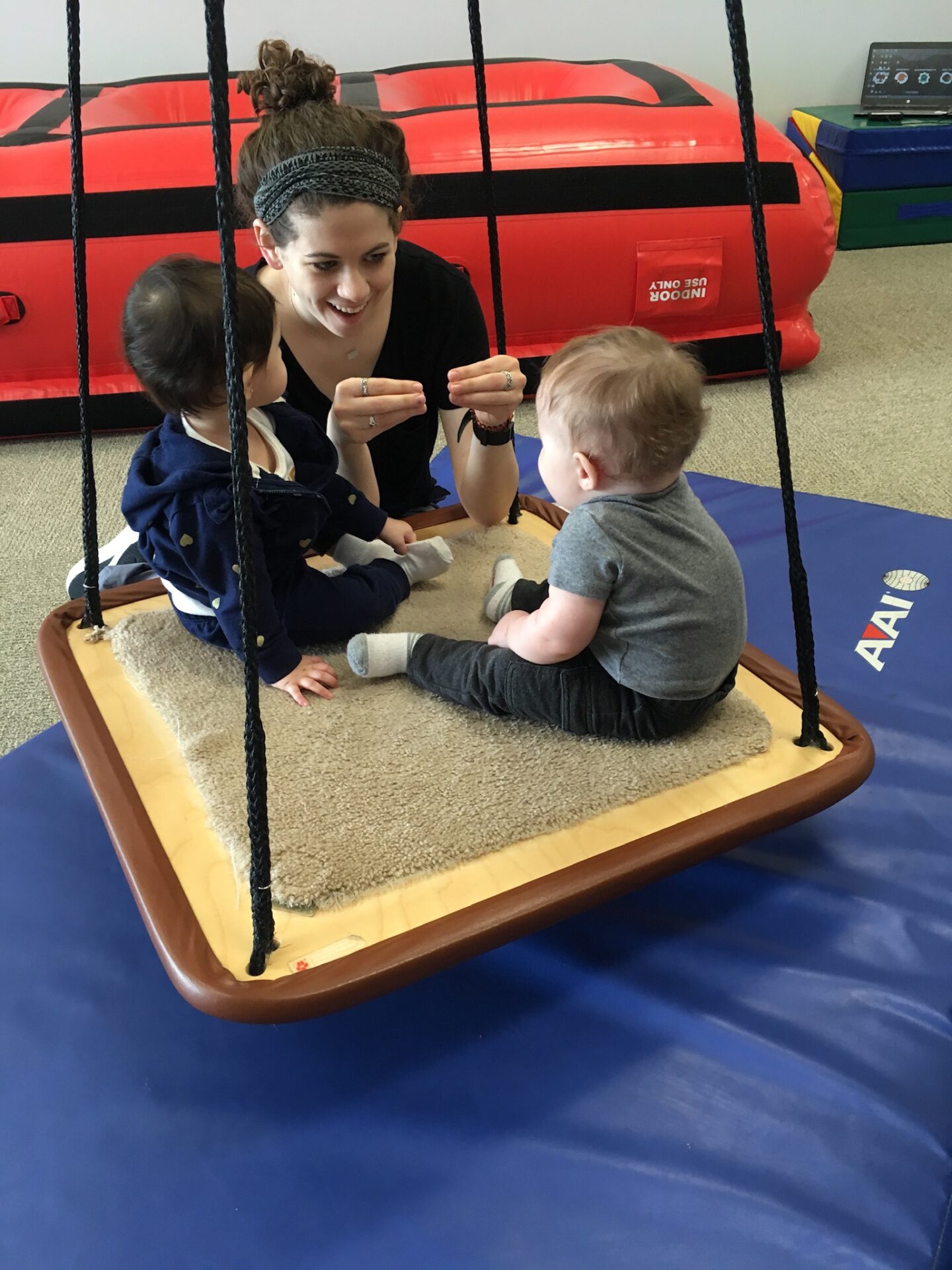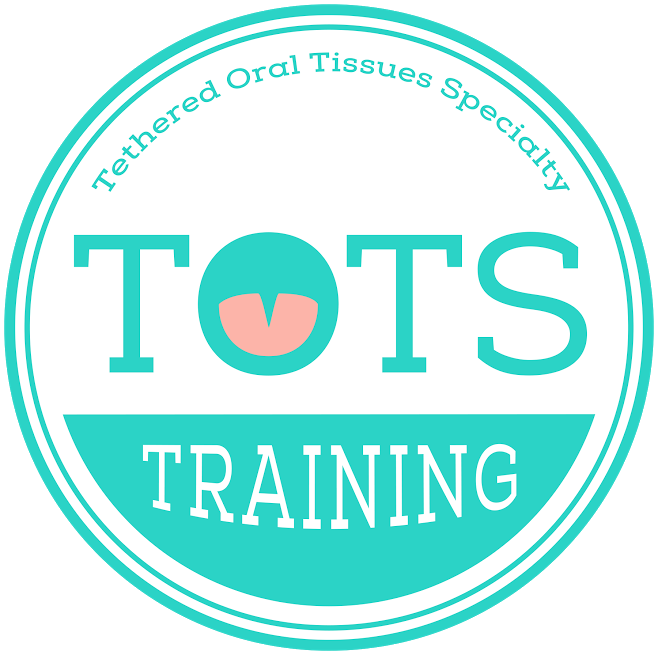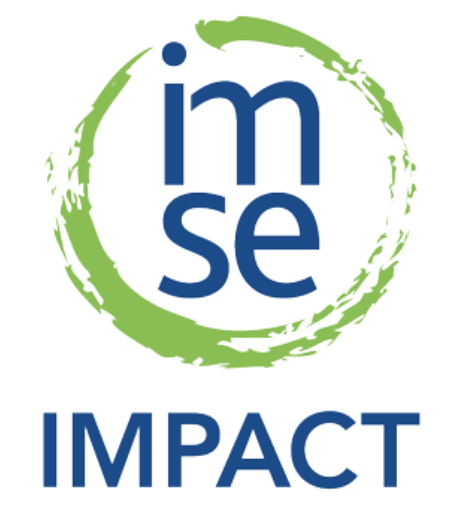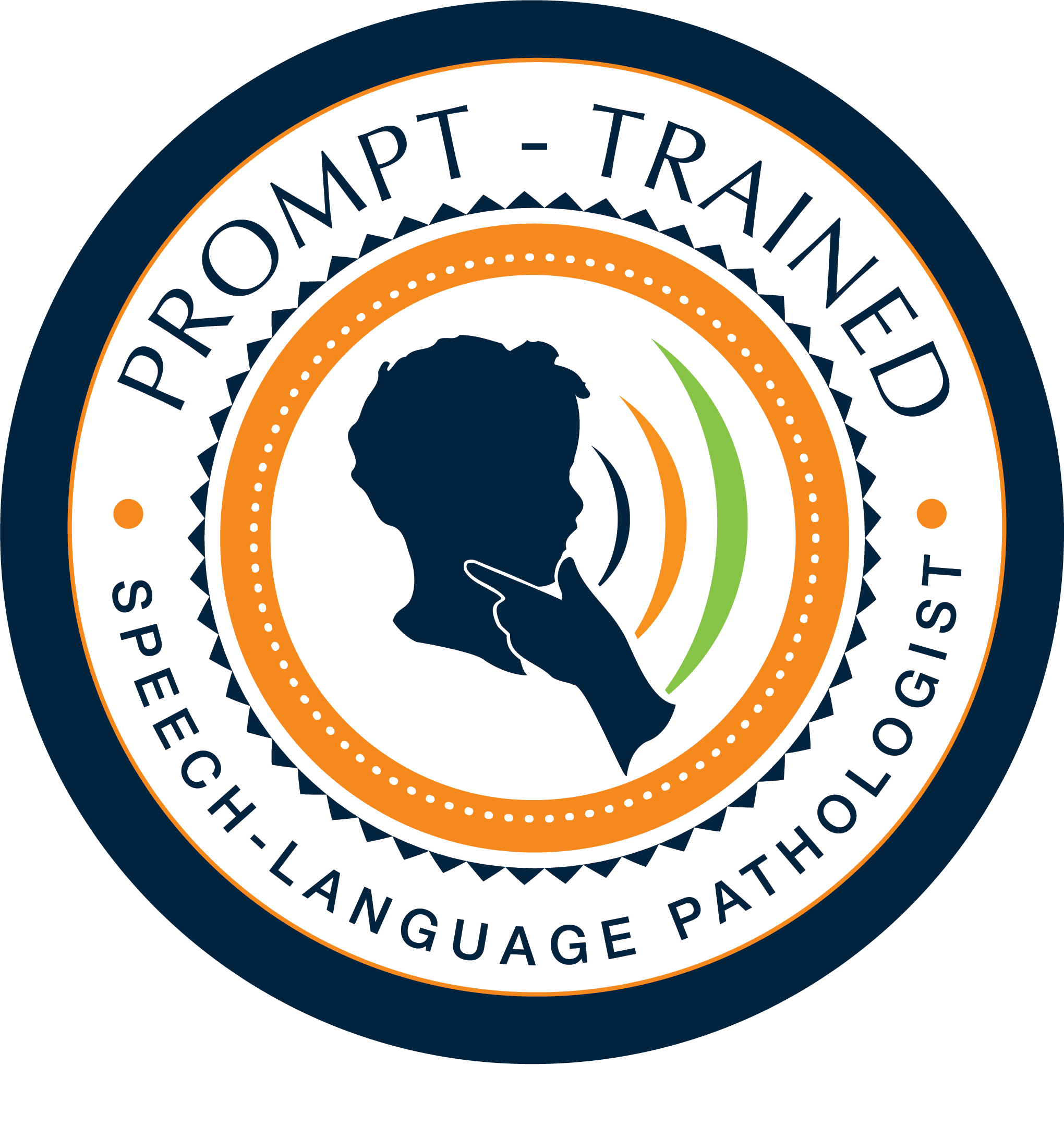Middle School Picky Eater
Are you a middle school parent on the fence about whether or not to try feeding therapy for your picky eater? At BDI Playhouse, we work with middle schoolers both in the clinic or from the comfort of your own home. We help kiddos with a variety of feeding needs such as increasing their caloric or nutritive intake without the need to supplement all the way to eating chicken at your neighborhood BBQ or pizza with their friends after a sports activity and anything in between.
The best part about doing feeding therapy with older kiddos, in our opinion, is that they can tell us what they are feeling and thinking when it comes to food and they can be active participants in setting (and achieving) their own goals.
Here are a few thoughts from a middle schooler in feeding therapy:
What’s the best part of doing feeding therapy?
I get to try foods that I haven’t tried before and that I am interested in trying. I like doing it at food therapy because more than one person gets to see my reaction and I get to talk and chat!
What’s the best part of doing food therapy online?
You can do food therapy and not worry about the virus. Whenever I am at home, I don’t have to wait until my parents drive me home, I get to do whatever I want as soon as the session is done.
What would you tell a kiddo your age if they were on the fence about trying feeding therapy?
The more therapy that you do the more excited you will get to try new foods.
What’s your favorite thing you’ve done in feeding therapy?
I got to try a food from a show (dalgona cookies from Squid Games). We also get to do “challenges” where we pick a food and try different flavors of it! We had a candy night and tried all different candies. We’ve done a poptart night and tried 8 different flavors of pop tarts. We make food together.
Still on the fence of whether it would be a good fit for your kiddo? Schedule a free screening with one of our feeding therapists to learn more about how we can help your middle school kiddo learn to love trying new foods!



